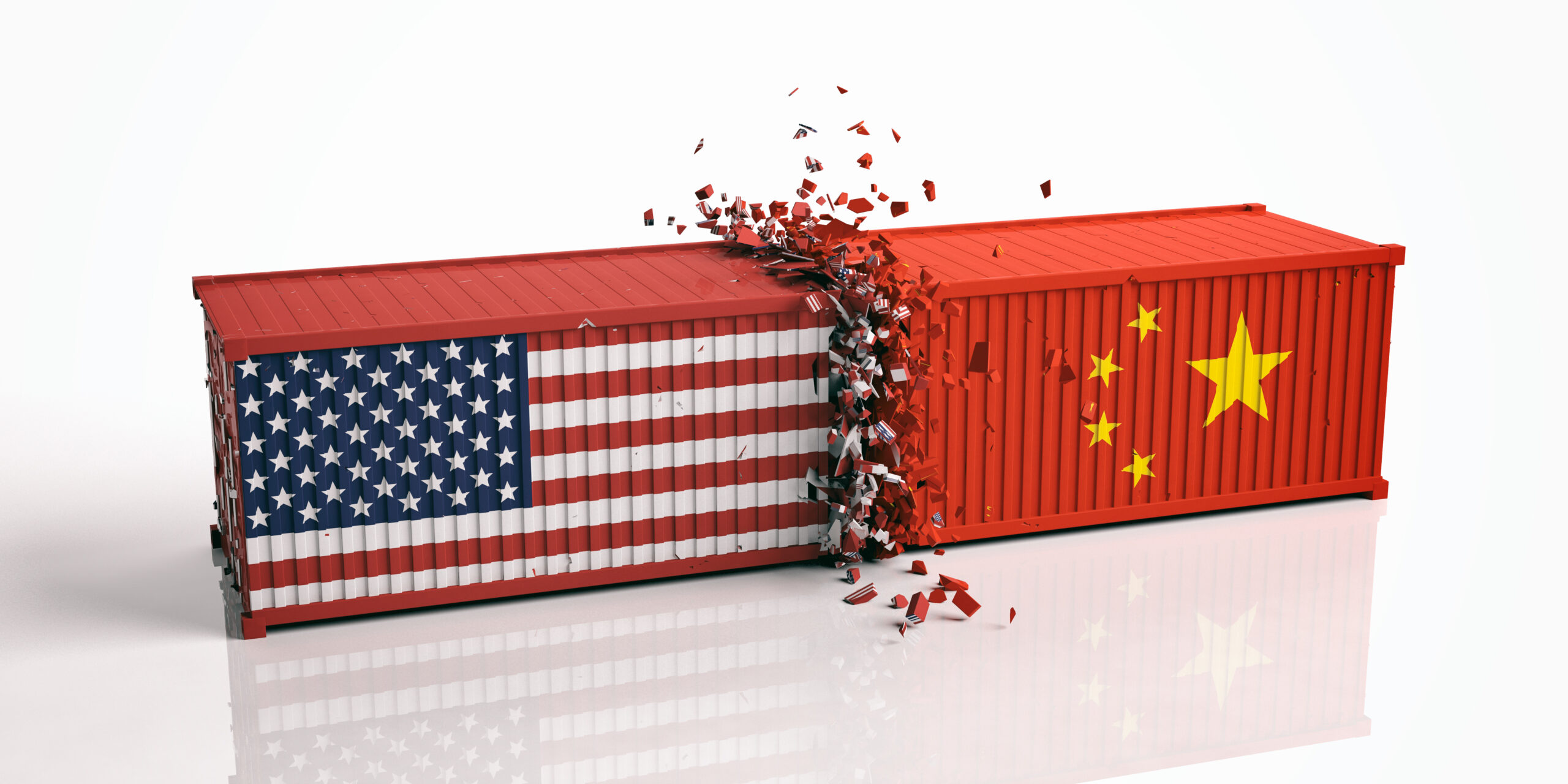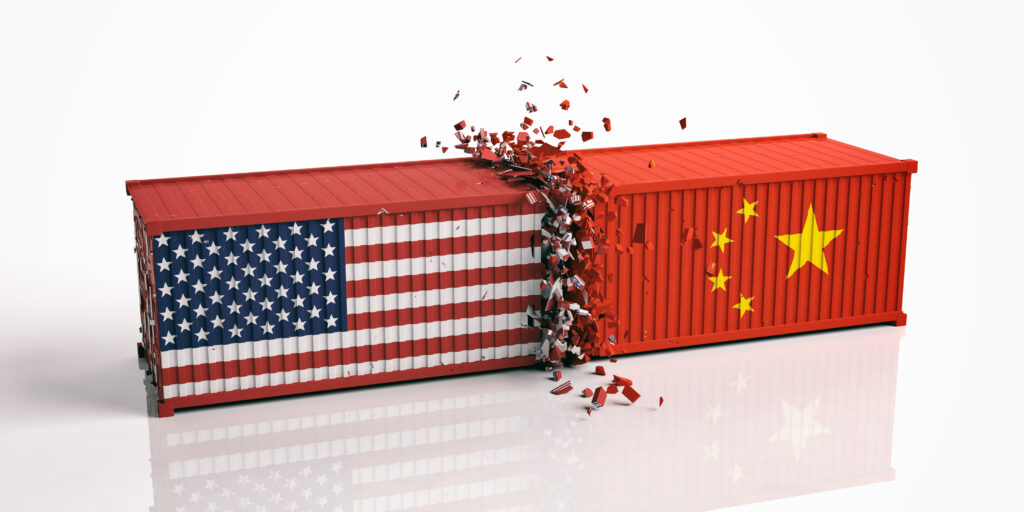
Insuring political risks of export projects in China and Taiwan
Until recently the main area of concern for exporters, when it came to determining project risks for a given export transaction in connection with China and/or Taiwan, were commercial risks emerging from the potential inability or unwillingness of the buyer to pay the contractually agreed amounts in due time.
However, over the past 12 months now, the geopolitical landscape has changed substantially. While tensions between China and its Western trading partners are nothing new, since the US-China trade war began in 2018 with tit-for-tat tariffs, the military conflict between Russia and the Ukraine, the increasingly deteriorating relationship on the political level between China and the West, in particular the USA, and the newly increased efforts of China in view of restrengthening its control over Taiwan have increased uncertainty in the region.
These geopolitical changes have important implications for exporters and have become a key aspect in the analysis of risks in export transactions in connection with this region.

Increasing uncertainty among exporters
As a result of all this, exporters with long production periods and delivery times in particular, are confronted with these increased political risks, such as potential trade measures and arising military conflicts which could lead to supply problems (including restrictions for manufacturing activities and supply chain disruptions). Additionally, delivery stops, payment transfer restrictions as a result of impairments to international payment transactions or a payment moratorium due to an official or statutory payment prohibition could potentially apply.
The arising political risk concerns are also evident in the recent Allianz Risk Barometer 2023 survey among more than 2’700 risk management experts. Insuring political risks and violence ranks as a new entry in the top 10 global business risks (most important business risks: 1. Cyber incidents, 2. Business interruption, 3. Macroeconomic developments).
Materialized political risks for Russia and the Ukraine
We at AIL Structured Finance have seen a very similar scenario unfolding with projects in Russia and the Ukraine that are currently heavily affected by the political consequences of the Ukraine conflict. Several exporters who concluded long-term delivery contracts before the conflict in the Ukraine started, are now unable to deliver goods to Russia or the Ukraine due to sanctions and the armed conflict, and will not be able to do so for the foreseeable future. This means political causes prevent(ed) the exporters from fulfilling their contractual obligations in full. In addition, due to imposed payment transfer restrictions, outstanding claims cannot be settled or only with great effort and delay.
Managing political risks
In the light of the above-mentioned geopolitical developments, we have seen an increase in client requests to arrange insurance packages to mitigate the newly emerged political risks which may have a negative impact on their projects in this region. With the support of the Swiss Export Risk Insurance (SERV), we have been able to implement customized security concepts in particular to manage the long-term political risks of such exports in these countries.
The insurance packages cover in particular the risk that, as a direct result of political causes, further manufacturing or shipping of the goods and services is rendered impossible or unreasonable. In addition, the insurance covers the risk that settlement of an insured claim at maturity may be impossible as a direct result of political causes. Other coverable risks are payment transfer risks (i.e. risk that amounts paid by the buyer cannot be converted to the agreed currency or cannot be transferred due to restrictions on international payment transactions) or a payment moratorium (i.e. risk that a claim cannot be paid by the buyer due to an official or statutory payment prohibition).